Talk Overview
The Medical Women Association of Tanzania (MEWATA) strives to improve the health of women in Tanzania. They conduct campaigns to educate and screen women for breast and cervical cancer and advocate for necessary treatment. By encouraging girls to study science in school, they also build for the future.
Speaker Bio
Marina Alois Njelekela
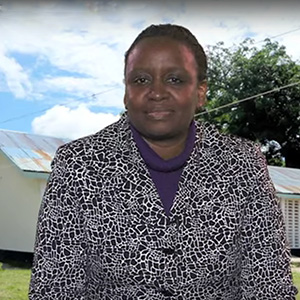
Marina Njelekela received her MD from Muhimbili University of Health and Allied Sciences in Dar Es Salaam (MUHAS) and her PhD from Kyoto University. She is currently a Senior Lecturer at MUHAS and she was chairperson of the Medical Women of Tanzania Association for the last six years. Njelekela has received several awards for her… Continue Reading
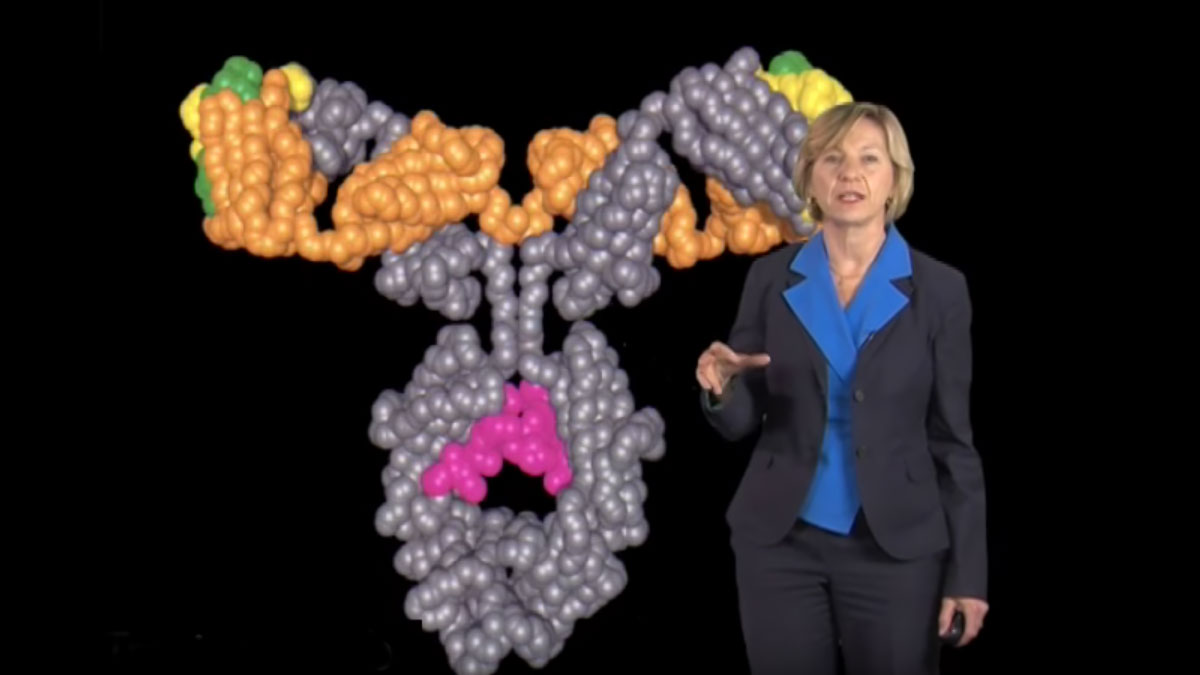
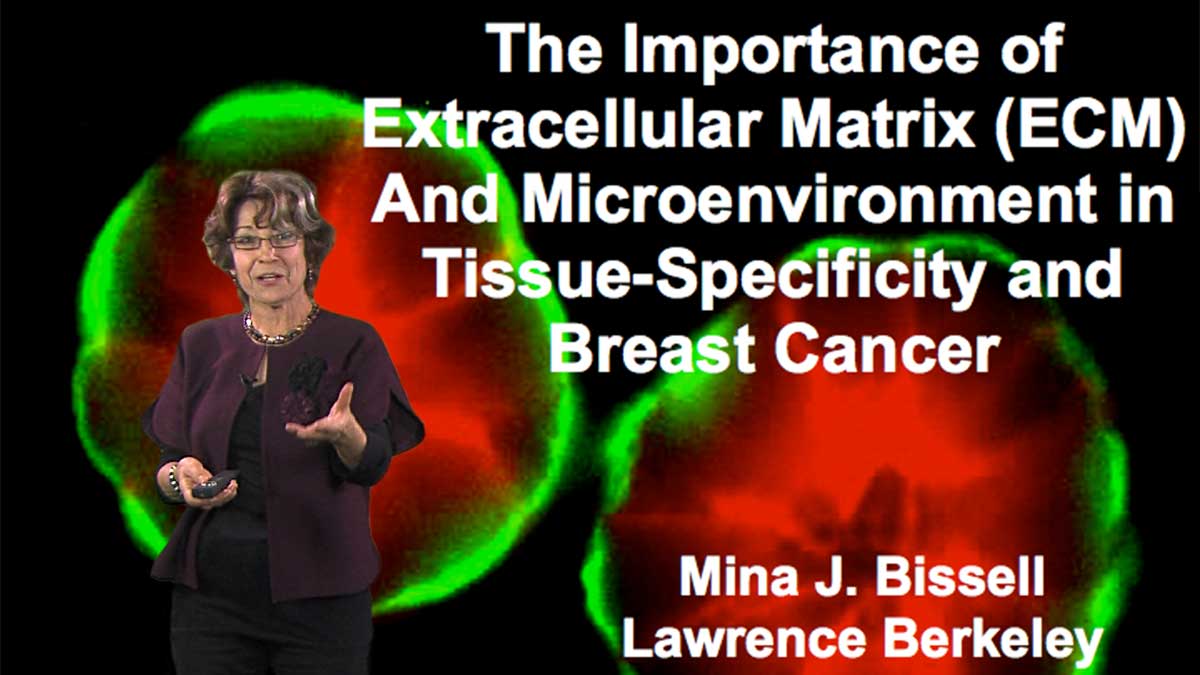
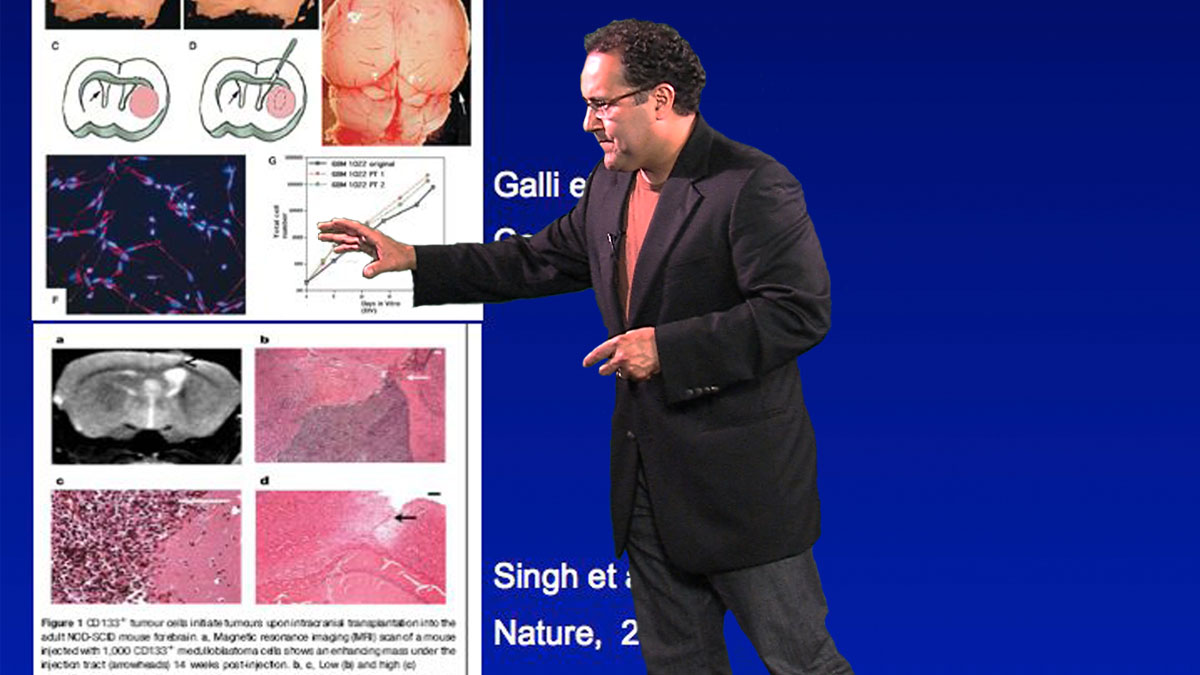
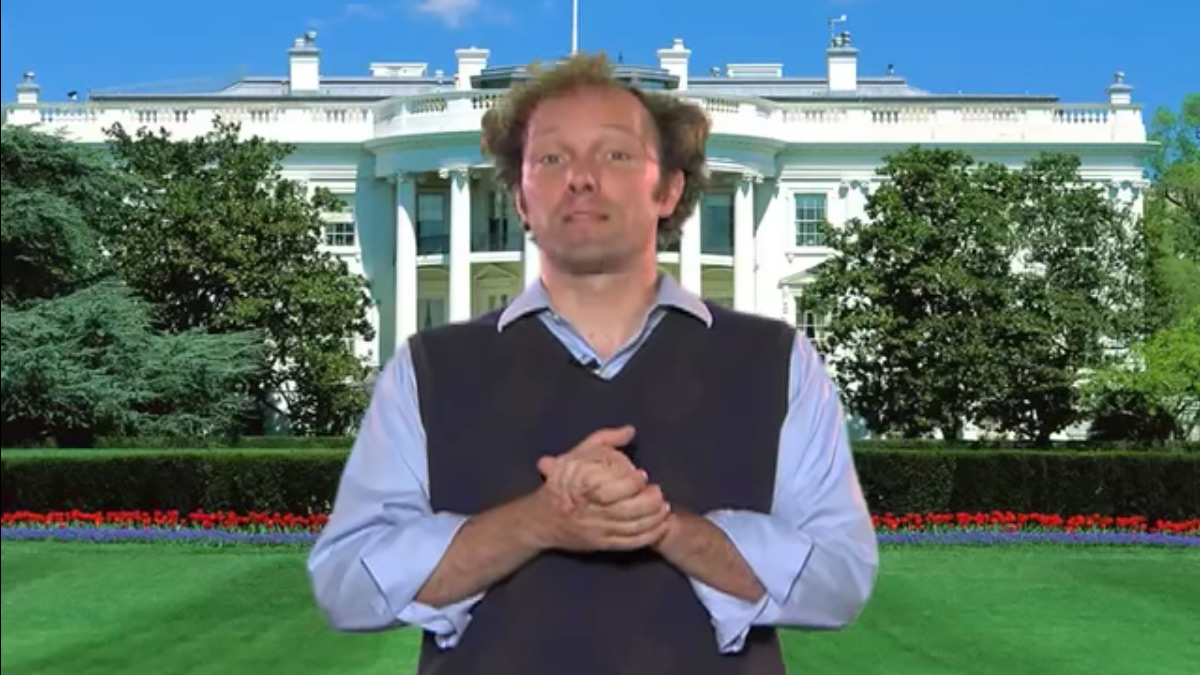
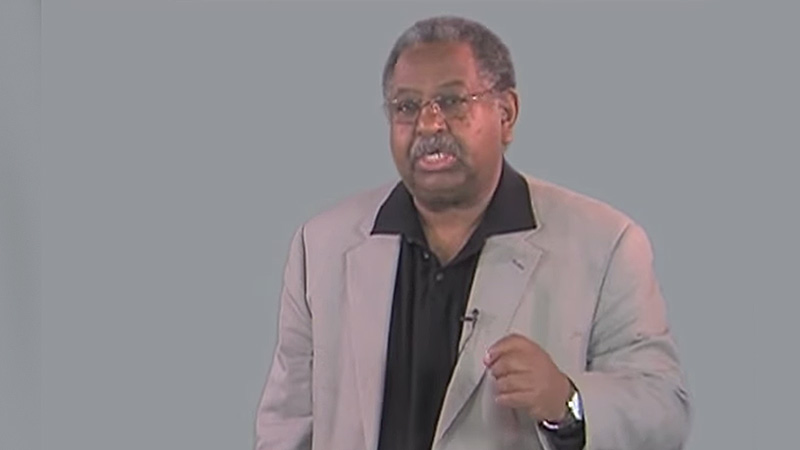
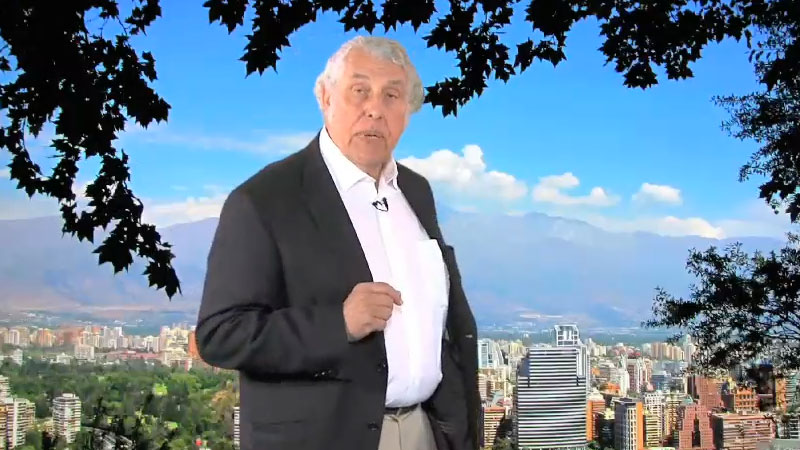
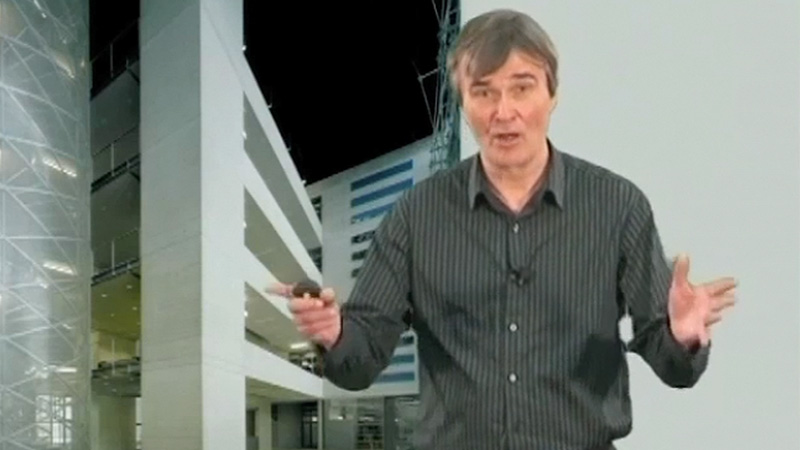





Leave a Reply